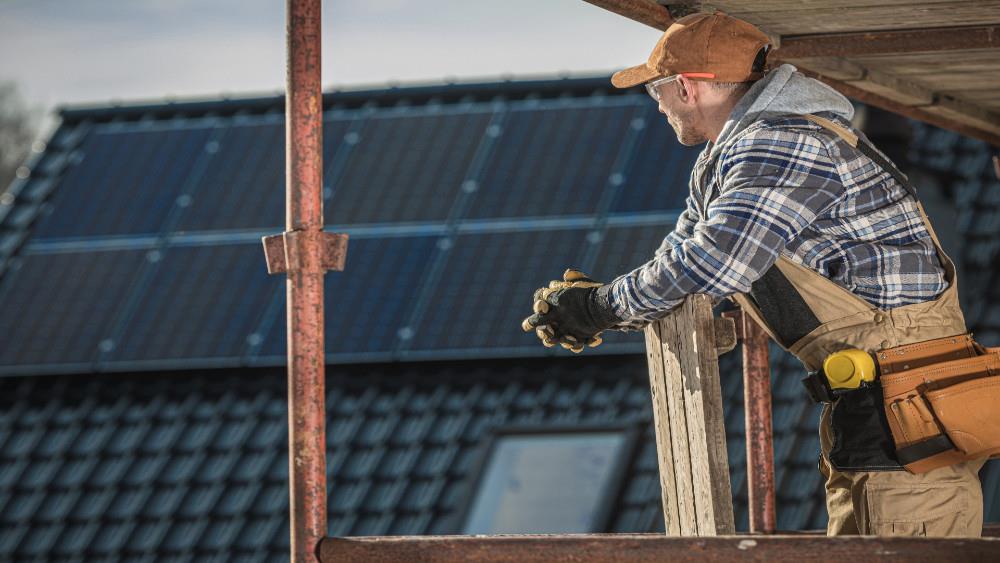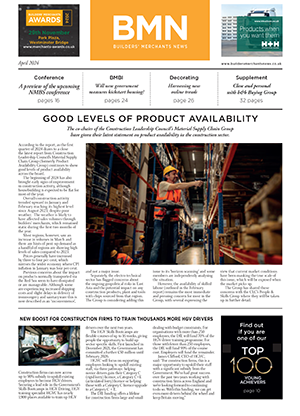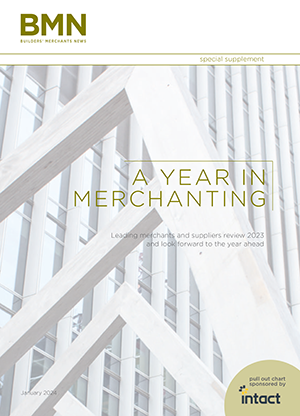EDINBURGH: Confidence in the Scottish construction industry remains weak according to the latest survey of industry bosses, conducted by the Scottish Building Federation.
This month’s Scottish Construction Monitor, a quarterly survey of the Federation’s membership of more than 700 individual construction firms, shows overall confidence within the sector has recovered from its low point of MINUS 45 last quarter but still remains firmly in the negative, standing at MINUS 22.
The survey has also found many firms struggling to cope with the rising cost of raw materials. A third of firms responding to the survey claimed to have been caught out by the sharp rise in raw material costs over the past year and to have under-quoted for new work as a consequence. One in four firms responding to the survey indicated they would struggle to break even on new contracts as a result of underestimating their raw material costs while one in twelve anticipated losing money.
Overall, less than one in ten firms responding reported having been able to integrate increased raw material costs into their pricing for new contracts and to still have been able to compete successfully for new work.
Recent statistics from the Construction Products Association show the cost of raw materials in the construction sector rose sharply in the course of 2010, with the price of copper having increased by 46% and iron ore having gone up by 80%.
Commenting on the survey results, Scottish Building Federation chief executive Michael Levack said:
“Whilst there is an improvement in the general level of confidence amongst our members this quarter, the overall confidence rating still remains firmly in the negative.
“Recovery in the industry has a long way to go, with key areas of private sector construction activity still struggling. For instance, in 2010, private housebuilding was down 29% and private commercial construction was down 41% compared to where they were in 2008.
“It is clear from this survey that many building firms are having their operating margins squeezed to virtually nothing because of the skyrocketing cost of raw materials. With less work out there and fierce competition for what there is, many firms are being forced to absorb these higher costs to be in a position to compete successfully for new contracts.
“Tender margins have been fiercely competitive for some time. However, inflationary pressure on material costs combined with prevailing market forces are forcing many firms into negative margins – a trend that bodes ill if we are going to have any chance of maintaining a strong, healthy construction sector. In this climate, I would hope clients – many of which are in the public sector – will give particularly careful consideration to the tenders they receive to ensure the price they ultimately accept is realistic.
Mr Levack concluded: “Against this background, I would draw the attention of Scotland’s politicians to the ten key policy priorities the Federation has set out in its recently published manifesto for the forthcoming Scottish elections. Whether through prioritised investment in schools and housing, incentives to green the built environment, or by cutting red tape in planning and procurement, these priorities represent a core strategy to rebuild confidence in the Scottish construction sector and set the industry on the path to sustainable long term recovery.”








